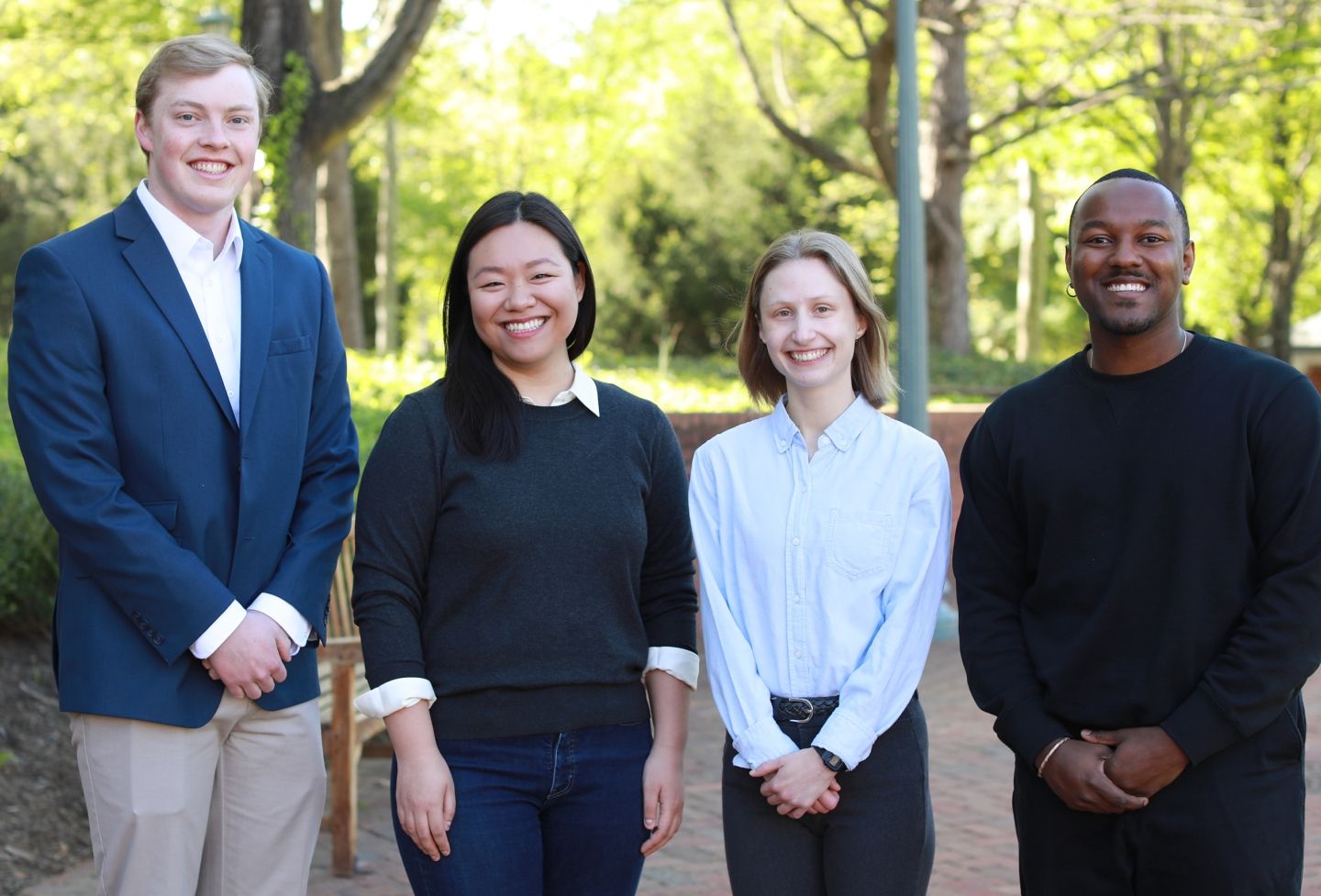Allen Abrams '10: Representing the Government in Washington, D.C.
As our nation's capital, Washington, D.C., is the seat of our federal government, but it's also home to the busiest Civil Division of any U.S. Attorney's Office, and that is where I am working this summer. Although our office represents the federal government in some affirmative capacities, there's never a shortage of claims against which to defend, because so many federal agencies and federal employees are based in the District. This combination yields jurisdiction for a multitude of claims against agencies, a lot of employment law cases, and an office of busy attorneys and interns.

Because there is always so much to do, I've worked on a range of cases over my first couple of weeks here. My first assignment involved a lawsuit by a pro se plaintiff who asserted that a federal agency failed to comply with its obligations under the Freedom of Information Act (FOIA). The government had filed a motion for summary judgment, which the plaintiff opposed, and it was my job to make sure my supervising attorney knew exactly what arguments the plaintiff was making and how best to respond. Though simple, the assignment was instructive on both FOIA as well as some of the arguments commonly raised by pro se plaintiffs.
I've also been entrusted with writing assignments that will go not just to my supervisors, but ultimately to court. For example, one of the cases I am working on is a Bivens claim, in which a plaintiff essentially contends that his or her constitutional rights were violated by officers of an agency and sues the officers in their individual capacities. In this case, the pro seplaintiff is asserting his Bivens claim based on a traffic stop in the District. Not only am I learning about a set of claims with which I was entirely unfamiliar a week ago, but I am also responsible for drafting the motion to dismiss, which presents a new and exciting challenge, since I have never written one before.
The best experience so far, though, has been when a supervising attorney asked me a question I couldn't have been more excited to answer: "What should our strategy be?" The meeting was in preparation for mediation the next day, during which we would be representing a federal agency as we tried to reach a settlement in an employment discrimination case. If we failed, we faced upwards of a year of preparation and a trial, but if our approach was right and the negotiations resolved the claim, we would have succeeded in advancing the client's interests.
Though I was eager to apply what I had learned in my Employment Discrimination class and fortified with some research, the opportunity to use that knowledge strategically made the case a lot more interesting. To then have my opinion incorporated into our team's approach made the excitement palpable, and the experience only reinforces my assessment that I am in for a fulfilling — and busy — remainder of the summer.
Founded in 1819, the University of Virginia School of Law is the second-oldest continuously operating law school in the nation. Consistently ranked among the top law schools, Virginia is a world-renowned training ground for distinguished lawyers and public servants, instilling in them a commitment to leadership, integrity and community service.


